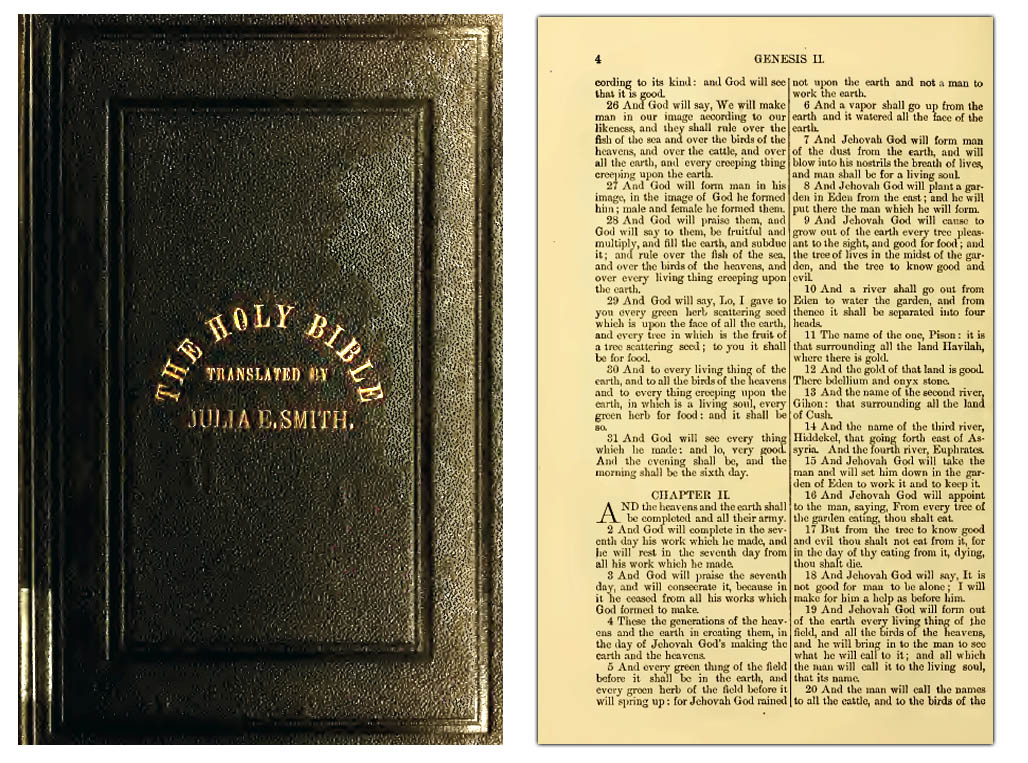John 8:44
Footnote:
| 87 | The Irony The phrase τοῦ πατρὸς τοῦ διαβόλου (John 8:44) is traditionally rendered “[your] father, the devil”, taking both nouns as referring to a single person in apposition. However, grammatically, the construction permits an alternative reading: “the father of the accuser.” In this interpretation, τοῦ διαβόλου functions not appositively but as a possessive genitive dependent on τοῦ πατρός, yielding a syntactic structure akin to “the father belonging to the devil” or more idiomatically “the devil’s father.” While such a reading is non-traditional, it is grammatically legitimate. In Classical and Koine Greek, possessive genitives of this type are common, and article repetition (τοῦ... τοῦ...) does not preclude a genitive relationship; it may simply mark specificity or emphasis. Thus, though the interpretive tradition overwhelmingly steers the text to the appositional reading, the phrase is structurally ambiguous and, under a strictly grammatical lens, can be taken as “the father of the accuser.” So, what does the context support? ὁ πατὴρ αὐτοῦ. The word "αὐτοῦ" (autoû) is a masculine form in ancient Greek. It is the genitive singular form of the pronoun "αὐτός" (autós), which means "he," "himself," or "it." This form indicates possession or association with a masculine noun or pronoun. It is modified in this case by ψεύστης "liar" which is a masculine noun, and not neuter. "A liar" is not an "it". Himself being the liar, he is not the father of "it" but of "himself", the liar. The great irony here is that this text has apparently always been represented deceptively to the world as "father of lies." A few translations tried to be honest, but they didn't want to be too honest:
The only woman to have translated the Bible into English, Julia E. Smith, as it happens, gave the world the most accurate, honest translation there was: "for he is a liar, and the father of him." (Smith's Literal Translation, 1876) Smith's translation was perhaps the most honest of all translations ever done. But the multitudes never read or studied her translation or other literal translations. Julia's translation was not read or studied by many due to it being written by a woman in the 1850s, and not published until 21 years after she finished it. Although her "strictly literal rendering" still missed "the Mark", to her credit, she attempted to give the most honest renderings, notably with the distinguishing of the Hebrew incomplete and complete: "And the heavens and the earth shall be completed, and all their army. And God will complete in the seventh day his work which he made, and he will rest in the seventh day from all his works which God formed to make." (Genesis 11:1-2 Smith's Literal)
So not having much opportunity to see the literal, accurate words, what did the multitudes study, memorize, and put their trust in? In the last few centuries it was the King James "Authorized" Version:
In the last couple of generations:
|
